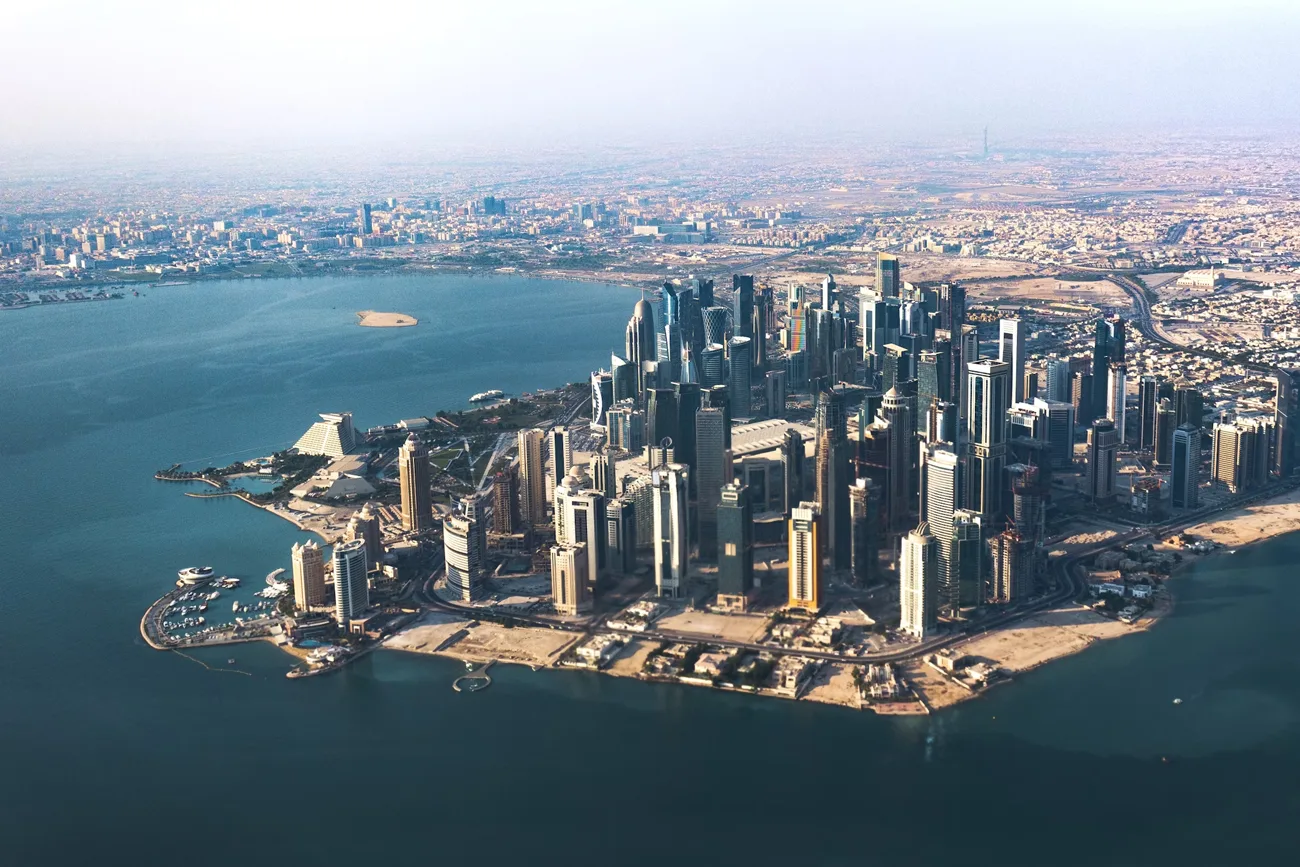4 minute read
Qatar, a vibrant and rapidly developing country in the heart of the Arabian Gulf, has become an increasingly popular destination for tourists worldwide. Boasting a rich cultural heritage, modern architecture, and a thriving economy, Qatar offers a unique blend of tradition and modernity. However, like any destination, Qatar has its own set of rules and regulations that visitors must be aware of to ensure a smooth and respectful travel experience.
Visa Requirements
Before packing your bags for Qatar, it’s crucial to understand the visa requirements. Citizens of many countries can obtain a visa on arrival, while others may need to apply for a visa in advance. Citizens of most countries can apply for a visa online through the Hayya portal by filling out the application form and uploading the required documents, such as a digital visa photo and a valid passport.
It’s advisable to check the Qatar government’s official website or consult with the nearest Qatari embassy or consulate to determine the specific requirements based on your nationality.
COVID-19 Restrictions
In the era of the COVID-19 pandemic, travelers must stay updated on the latest health and safety regulations imposed by the Qatari authorities. This includes checking entry requirements, quarantine protocols, and testing procedures. As guidelines can change rapidly, it’s recommended to monitor official channels and ensure compliance with all COVID-19-related measures to protect yourself and others.
At time of writing, Qatar has removed the last remaining COVID-19 travel restriction. However, the Ministry of Public Health advocates for individuals to prioritize their well-being by adhering to established infection prevention practices. This includes staying up-to-date with the latest COVID-19 booster vaccine, staying informed about the evolving local and international COVID-19 situation, and keeping abreast of the requirements in their destination country to ensure awareness of the most recent health and safety measures.
Dress Code
Like many Middle Eastern countries, Qatar has a conservative dress code, especially in public spaces. Both men and women should dress modestly, covering shoulders and knees. While Qatar is generally more lenient than some of its neighbours, visitors are encouraged to respect local customs and traditions. In places like mosques, it is customary for women to cover their hair. In public places, it is polite to cover up. It is essential to obey security personnel’s instructions and follow the dress code signs posted at most pools and beaches. Some women may choose to wear full-length burkinis at beaches and waterparks. During Ramadan, it is even more crucial to follow the dress code to avoid making your hosts feel uncomfortable.
Religious Respect
Islam is the predominant religion in Qatar, and it plays a significant role in shaping the country’s culture and traditions. Visitors should be aware of and respect Islamic practices. During the holy month of Ramadan, for example, it is essential to refrain from eating, drinking, or smoking in public spaces during daylight hours. Additionally, it is customary to lower one’s voice near mosques and avoid entering prayer areas if you are not participating in the prayers.
In general, religion can be a sensitive issue in Qatar, so be mindful to treat any discussions on religion with care and caution.
Alcohol Concerns
In Qatar, alcohol rules are strict, and drinking alcohol in public places is prohibited. Doing so can result in a prison sentence of up to 6 months or a fine of up to QAR 3,000 (approximately USD 825). Alcohol can only be purchased at licensed hotel restaurants and bars. Visitors are not allowed to bring drinks into the country, nor are they permitted to shop at the nation’s lone liquor store located on the outskirts of Doha.
The legal drinking age in Qatar is 21 years old.
Photography
While Qatar is a picturesque country with many stunning landmarks, it’s important to be mindful of local regulations regarding photography. Pictures of government buildings, military installations, and certain public spaces may be restricted.
Always ask for permission before photographing individuals. Photographing local people without their consent is not allowed. It is essential to respect the privacy of others when taking photos.
In conclusion, respect for local privacy and cultural norms is key to a positive experience when capturing the beauty of Qatar.
Visiting Qatar can be a rewarding experience, offering a glimpse into a unique blend of tradition and modernity. To make the most of your trip, it’s essential to familiarize yourself with the rules and regulations governing travel and tourism. Always stay informed and be considerate of the local customs to foster positive interactions with the people and culture of Qatar.






